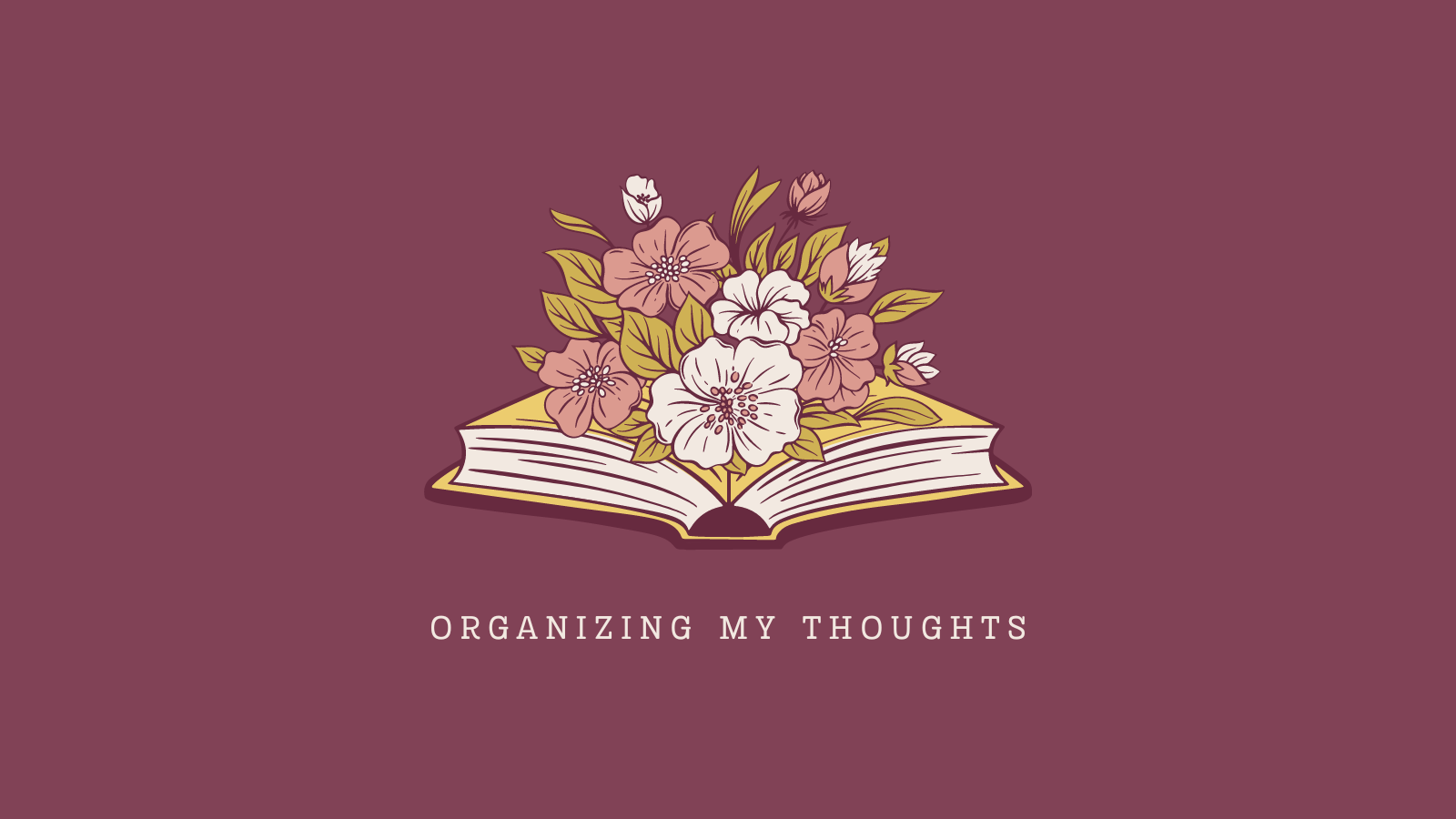Remembering My Father and Talking to Strangers on Planes
"I believe we're good enough to do better."


I don’t usually talk to strangers on planes. Years ago, I humored a man’s attempts at small talk, until it became clear he was a rather flirtatious prison guard. Instead of explaining my abolitionist politics, I said, “Oh wow, there’s a Batman movie on this flight,” and hurriedly put my headphones on. I’m not a big fan of action movies, but the word “escapism” had a multi-layered meaning as I retreated into that film. Since then, I’ve had a hard and fast rule against in-flight socializing. However, I recently broke with that pattern. Toward the end of a recent flight to Tucson, the man sitting next to me asked, “Is Tucson home for you?”
He was an older man with a gentle demeanor. Throughout the flight, he seemed shifty and anxious, as though he might have a fear of flying. I imagined that he might be nervous about our descent, so I decided to engage.
“No, Chicago is home,” I said. “I’m here for work. How about you?”
Our conversation proceeded in a polite, predictable manner. When he asked about my work, I said that I wrote about politics. His expression changed, as though the word “politics,” all by itself, delivered a sting.
After hesitating for a moment, he said, “That must be hard.”
“Yeah,” I said, unsure of where he was coming from. “It is.”
The lines on his face deepened as his expression tightened. “You know… I'm always hoping to see some compassion,” he said “Some kindness towards the poor and those suffering. Now, things are headed in the opposite direction.” He seemed close to tears, but he forcibly straightened his expression, and steadied his cracking voice. After a pause, he said, “But I’ve been to a lot of places and known a lot of people, and I believe that most people are good. And I think that means that the potential is there. We could turn things around."
His words brought up an old memory that I’ve often revisited. In 1999, when I was 18 years old, I was in a car with my father, on our way home from seeing the film The Green Mile. My dad and I had a longstanding tradition of watching and critiquing movies together. Usually, after seeing a film, we would chat, make jokes, and debate the story’s merits. This time, we were both quiet. The film’s tragic conclusion had rattled my father. I was rattled, too, not by the movie, but by the fact that my father was shaken. He usually came across as indomitable, and in those rare moments when he was vulnerable in my presence, I did not know what to do—at least not back then.
Unlike my dad, I was quite ready to talk about the film. I didn’t have the political analysis in those days to critique the story’s racial tropes, but I had complaints, and like any teenager, I was eager to voice them. I thought the movie was overwrought and overlong. But I wasn’t voicing those concerns because my father’s silence was so pronounced that I would have felt like I was interrupting him while he was speaking.
I thought I understood why he was upset. In the film, a character named John Coffey, played by Michael Clarke Duncan, who is not only a miracle healer but also a wholly decent human being, is executed for a crime he didn’t commit. The execution proceeds after Coffey declines an opportunity to escape from prison. Broken by the world’s cruelty, he chooses to submit to the will of the state.
Eventually, my father spoke, and I realized that Coffey’s status as a miracle healer—which was the crux of the story—was irrelevant to him. What had shaken my dad was the idea of a wholly decent human being existing in this world, and being destroyed by it. Speaking slowly, he asked me, "Do you think people like that exist? People who are just completely... good?"
In that moment, I thought I sensed what he needed to hear. "Yes," I said. "I do." I wasn’t sure, but it seemed like the right thing to say.
After a moment of silence, he said, "I hope so.”
That was the end of the conversation. My father resumed his silence and drove us home in the dark.
It was an unusual moment between us, and in the decades since, I have often considered and reconsidered the weight of my father’s question. He was a man who had witnessed a tremendous amount of human ugliness. He had been to war. He had lost his only brother to a violent, untimely death, which was dealt out with impunity. As a parent, he was often strict and overprotective—something I resented as a child. As an adult, I realized that excess came from a place of fear. He feared the world would destroy his children if he didn’t protect them, and if he didn’t condition us to protect ourselves.
I rebelled against his tendency to assume the worst of people. Even in grade school, I was a bold idealist. My father admired my sense of justice, but I think it scared him. He wanted me to move defensively and never allow myself to be hurt. He wanted me to be practical. At the same time, he was heartened that I wanted to do good. He expressed pride when I helped or defended others. But he was afraid for me.
He had his own ideals, of course. For example, when I was young and being bullied, he told me, “We don’t let people hurt us, and we don’t let people hurt our friends.” But in that admirable moral edict, there was an embedded expectation that I would become stronger and fiercer. Even as a child, he wanted me to be less gentle and more capable of violence in a violent world. In this way, I fear I was a disappointment.
As I got older, and looked back on our conversation about The Green Mile, I realized that my father wasn’t simply grieving his low opinion of humanity, but also the idea that people who are too decent for this world are crushed by it—and might even choose to leave it. I think he was afraid the world would crush me for rejecting its cruelties. Or worse, he may have feared that, like Coffey, I might decide that the world’s cruelty was too much to witness and endure, and stop trying to survive its violence.
My father believed the world needed decent people, but he thought the extremity of my hopes, beliefs, and aspirations made me fragile. When he said, “I hope so,” I think he may have been thinking, I hope you’re right to believe in people the way you do. I hope that doesn’t end terribly.
His fears weren’t baseless. My inability to process human cruelty, war, and environmental destruction would ultimately play a role in my life-threatening struggle with depression. However, my story did not end in tragedy or resignation. So far, I have survived.
So, all those years ago, on the cusp of adulthood, I sat in a car with my father and tried to say the right thing. I wanted to comfort him, but instead, likely stoked another set of fears about me, my beliefs, and my place in the world (or lack thereof). It’s possible that being kind, while also making our parents afraid, is the best any child can do, given that a parent’s fears never truly dissipate; they merely evolve and transform over time.
My father's been gone for eight years now. We lost him suddenly, after he suffered a stroke during a routine procedure. It's a loss I will never recover from, and I often replay our conversations in my mind. I also talk to him in my dreams, and, most of the time, I no longer weep when I wake up and realize he’s not really there. I’m just grateful that I remember his voice and his presence well enough for my subconscious to conjure mundane, imaginary moments when we’re together again.
In my waking hours, our exchange about The Green Mile is one I’ve often looked back on, not because either of us loved the movie (I never watched it again, and I don't think he did either), but because it was a conversation I would finish differently now. If, as a 44-year-old, I could answer my father's question about whether or not there are people who are wholly decent and good in the world, I would say:
I don't know, Dad. But I don't think that's what really matters. I think that enough of us are good enough and decent enough to do the right things together. I know there's a lot of ugliness in this world, and that people can be awful. I see that every day, and it scares me. But I have also seen people save each other, and feed each other, and rally to protect one another. In so many places and situations, I have seen people help each other and solve problems together that they couldn't solve alone. And I don’t believe that part of us is weaker than the ugliness. I think we can rally those parts of ourselves and that spirit within large groups of people, and I think we can make the world better. Not pure, not wholly decent, but so much better. We can make a world—or at least, make places in the world—where people aren’t crushed for being gentle. That's what I believe.
But at 18, I didn't have the wisdom or the insight to say any of that, so I gently told my father what I thought he wanted to hear. It’s possible that the words I would share now, if given the chance, would seem no less idealistic or worrisome to him. After all, he watched me grow as a person throughout my adult life, and I don’t think he ever stopped worrying. I know that by the time he died, he was proud of my activism and organizing, even though he never fully understood it. He was unhappy with the risks I took in the streets, and he found some of the "extremes" in my politics baffling. But I think he believed in me, and also believed, or at least hoped, that I would not be crushed after all.
Eight years after my father's death, I sat on a plane next to an anxious man with white hair who said that he believed most people were good. But it wasn’t a solid statement. It felt more like a plea. He wanted me to agree with him, not because he was insecure in his belief, but because some opinions only matter if others share them.
"I believe we're good enough to do better," I told him. "I’m sure of that.”
"Yes," he said. "I think we are."
Organizing My Thoughts is a reader-supported newsletter. If you appreciate my work, please consider becoming a free or paid subscriber today. There are no paywalls for the essays, reports, interviews, and excerpts published here. However, I could not do this work without the support of readers like you, so if you are able to contribute financially, I would greatly appreciate your help.




